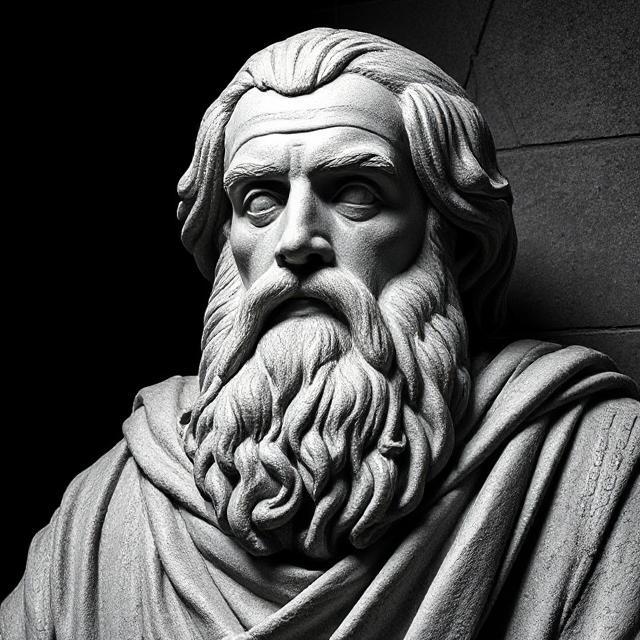UPSC Optionals PSIR: “Plato was an enemy of the Open Society.” (Popper) Comment. (2015)
Plato is hailed as the Father of Political Philosophy, but is he also the Godfather of Totalitarianism? 🏛️ In this insightful post, we decode Plato’s legacy—from his idealism and theory of justice to Karl Popper’s scathing critique of his “closed society.” Explore how Plato’s political philosophy inspired both utopian dreams and totalitarian fears, and discover whether modern re-evaluations rescue him from Popper’s harsh verdict. A must-read for UPSC Mains GS2, PSIR Optionals, and Philosophy buffs!
PSIR
7/26/20252 min read


🧠 Introduction: Plato’s Legacy in Western Political Thought
Plato, the illustrious student of Socrates, is often called the Father of Political Philosophy. His works—Republic, Statesman, and Laws—explore justice, education, statecraft, and the nature of truth. Concepts like Forms, the Philosopher King, and the Ideal State have shaped Western thought for over two millennia.
But not everyone sees Plato as a champion of reason and virtue. Critics like Karl Popper have labelled him a totalitarian thinker, an “enemy of the open society.” This blog explores why.
⚔️ Karl Popper vs. Plato: A Battle of Worldviews
📚 Popper’s Key Works:
The Open Society and Its Enemies
The Poverty of Historicism
Popper sees Plato not as a liberator, but a thinker whose ideas suppress individual freedom, promote hierarchy, and create a closed system that resists criticism and change.
🔍 Why Popper Criticised Plato: Key Accusations
1️⃣ Holism (State over Individual)
Plato treats the state as an organism, more important than its parts (the people).
👉 Popper’s Concern: This mindset encourages sacrifice of individuals for unity—something seen in fascist and communist regimes.
2️⃣ Essentialism (Truth has a fixed form)
Plato’s Theory of Forms suggests that only philosophers can access true knowledge.
👉 Popper’s Concern: This creates a rigid society where debate and dissent are dismissed.
🗣️ “Change is evil, rest is divine” – Popper's summary of Plato's anti-progress approach.
3️⃣ Historicism (History has a goal)
Plato imagines a fixed historical direction—towards his ideal state.
👉 Popper’s Concern: This belief justifies suppressing any unwanted or unpredictable change.
🏛️ Platonic Concepts Criticised by Popper
Philosopher King: Rule by a few “knowers” = elitism & centralised power
Censorship & Noble Lie: State-controlled truth and propaganda
Communism of property & wives: Unity at the cost of personal freedom
Distrust of Democracy: Plato sees it as chaotic and corrupt
Education: Tailored to preserve hierarchy, not expand minds
💡 Counterview: Is Popper Too Harsh?
Some scholars defend Plato against Popper’s critique:
✔️ Historical Context Matters (Levinson)
Popper reads Plato through a 20th-century lens (Hitler, Stalin), which can be misleading.
✔️ Ethics-Politics Link
Plato’s rule by philosopher kings is not tyrannical but ethical and rational, unlike modern totalitarian regimes.
✔️ Plato’s Own Revisions
In Laws, a more mature Plato accepts the limitations of Republic and proposes:
Rule of many over one
Detailed laws to prevent arbitrary rule
🤔 Conclusion: The Prince of Philosophers or Prince of Conjurers?
Plato’s political thought is foundational yet controversial. He built the first complete blueprint of an ideal state—but one that critics like Popper say sacrifices liberty at the altar of stability.
🔁 Yet, Plato evolved. His later works reflect openness to institutional design, legislative frameworks, and even popular rule.
📍 Final Thought:
"Plato planted the seed. Whether it grows into a tree of wisdom or a cage of order depends on how we water it."